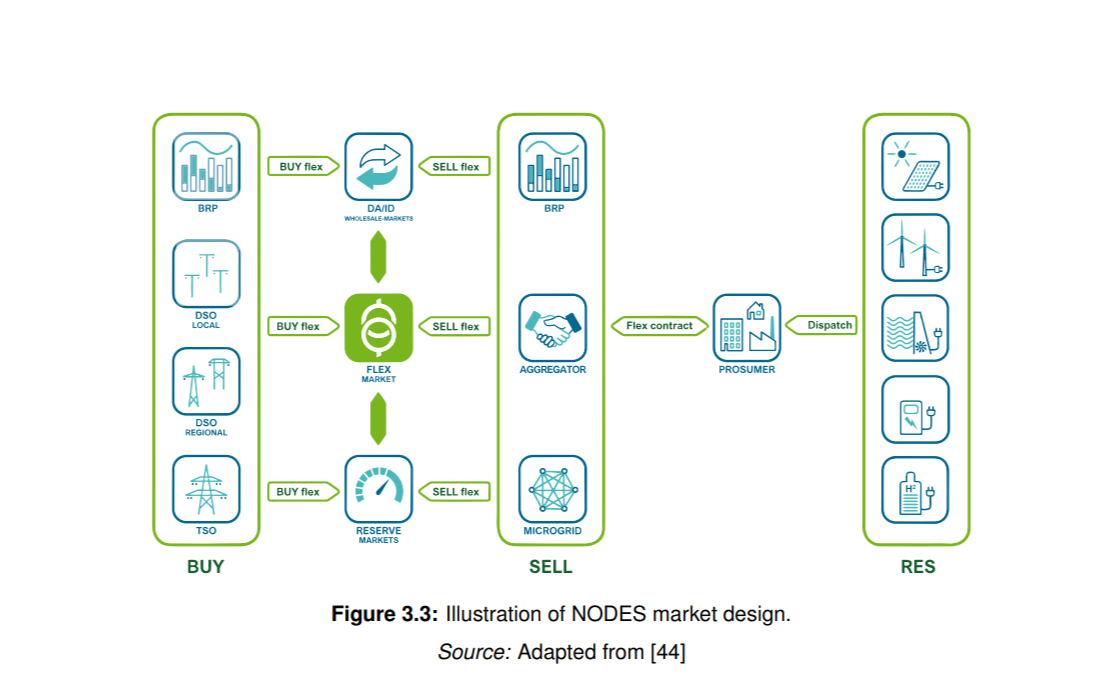ElectroStars: António Jerónimo
In this edition of the ElectroStars section, we interviewed António Jerónimo, alumnus of the Integrated Master's in Electrical and Computer Engineering.

António Jerónimo, alumnus of the Integrated Master's in Electrical and Computer Engineering, was once again recognized for his academic performance. After winning the 2021/22 edition of the Ivo Gonçalves Merit Award, which recognizes the best student enrolled in the Master's in Electrical and Computer Engineering with a specialization in energy, he climbed to the podium of the 2024 REN Award, achieving 3rd place in the national competition for master's theses in the Energy area.
He chose the Electrical and Computer Engineering course at Técnico as his first option: "I had a grandfather who was an electrical engineer at EDP, and since I was a child, I really liked computers," he says.
I thought Técnico would provide me with a more successful career than other engineering schools.
António Jerónimo, alumnus of MEEC
His interest in the energy area began in the course on Fundamentals of Electrical Energy. The concepts of electricity, along with his passion for energy transition, led him to choose this specialization in the master's program.
Before joining Técnico, António was already familiar with the REN Award, due to its wide media coverage. He decided to apply because he considered his thesis, "Modelling Electric Vehicle Charging Stations Flexibility for Long-Term Distribution Network Planning," to be innovative and highly relevant in the field of electrical distribution network planning.
The problem I mention in the thesis, which is precisely the need for efficient [energy] management, is real. [It is something] that is anticipated, and solutions are needed to mitigate it.
António Jerónimo, alumnus of MEEC
In the interview, António explains, in simple terms, what his thesis was about, focused on load shifting in the context of electric vehicle charging. Charging an electric vehicle transfers energy to the vehicle, which is a load on the national electrical grid. During the day, there are moments of congestion, i.e., overload of the grid due to high energy consumption by users. Load shifting involves "delaying" the consumption related to electric vehicle charging by transferring it to periods with lower energy demand. In this way, users can charge their vehicles during the night when energy consumption is lower instead of charging during the late afternoon/evening (a time of high energy consumption).
Thus, load shifting over time results in a more flexible energy management of the grid, delaying, in some cases, the need for investment in higher-power transformers or higher-capacity cables by distribution network operators, as the total energy required during peak periods decreases. Since this model cannot be applied in all situations, and investment is still required in some cases, António's solution is a hybrid model that combines load shifting with the traditional reinforcement of infrastructure.
My model quantifies the flexibility of the network operator, who uses this model and contracts with aggregators, who are what we call flexibility service providers.
António Jerónimo, alumnus of MEEC
Regarding how this model could be applied, António says that an aggregator figure would be created: an intermediary between the final consumer and the distribution network operator. The aggregator's role would be to establish contracts with clients and apply load shifting according to the distribution network's needs.

The thesis topic was decided in collaboration with professors Pedro Carvalho and Célia Jesus (master's thesis supervisors) and Hugo Morais (coordinator of the EV4EU project) in an in-person meeting. It was during this meeting that António first encountered the EV4EU project, focused on electric mobility. At that time, he was doing Erasmus at KTH in Stockholm and returned to Portugal to attend the 4th semester at Técnico to deepen his knowledge in electrical grids, which later contributed to the REN Award.
The REN Award is a milestone, it is my greatest academic distinction. (...) It is recognition of the work I have been developing over the 5 years I spent at Técnico.
António Jerónimo, alumnus of MEEC
When asked about the challenges faced during his research, António mentions the difficulty in understanding the original model, created by professors Pedro Carvalho and Luís Marcelino, and improving it to obtain positive and meaningful results.
During his involvement in the EV4EU project, motivated by the three professors, he also published a paper on the topic for the International Conference on Smart Energy Systems and Technologies (SEST) in Turkey.
Currently, António is a project manager at Hyperion, a promoter of renewable projects, and feels that the master's program provided him with the foundation to enter the job market: "I think having a master's in this area is definitely an added value," he says, appreciating the skills he gained during his studies.
Técnico was my home for 5 years, it shaped me a lot as a person. (...) [Being an alumnus of this institution] also represents an overcoming of who I was, and I’m proud to say that I belonged to Técnico.
António Jerónimo, alumnus of MEEC
